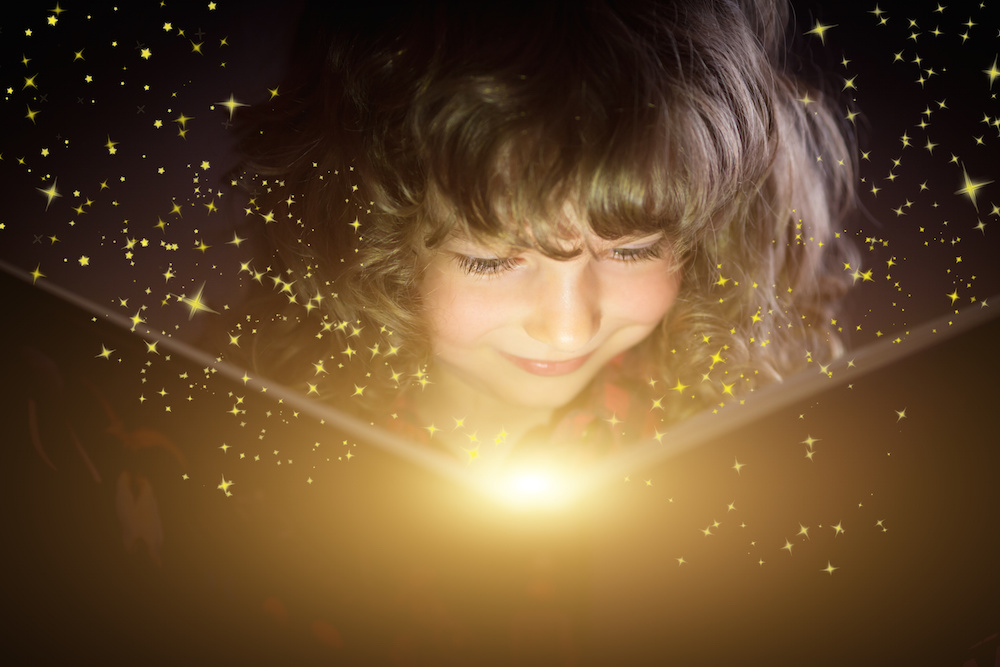Written by Natalya Ganchina M.Ed.
Do you believe in miracles? What does the word miracle mean to you? Maybe you do not believe in divine power, so you do not believe in miracles. But if we open the idea of miracles to mean wonders, marvels, surprises, and curiosities, we start to notice small miracles everywhere.
Walt Whitman said that for him, “every hour of the day and night is an unspeakably perfect miracle”. Just as “beauty is in the eye of the beholder,” a miracle is in the heart of the believer. When we believe in miracles, life gains another layer of meaning.
By nature, children have great imaginations and a willingness to believe in the miraculous. Teach children to pay attention to the wonders of the world, and don’t let age dampen your enthusiasm. Together, you can explore the miracles all around you.
- Miracle of life
Think for a minute about your body. Every second, our heart pumps blood around our body — our digestive system processes food and gives us energy — our nervous system sends messages to our hands and feet – our lungs fill with air and keep us breathing. Is it not a miracle? All the complexities of the human body work together to keep us alive.
- Miracle of human connection
We have relatives and friends, who make us happy and safe. We have coworkers and schoolmates, who make the days go by quickly. We have mailmen and farmers, who work hard to provide us with services and food. Around the world, people you’ve never met are part of your day and your story.
- Miracle of nature
Is it not a miracle that Earth is riding around the Sun? Is it not a miracle how nature recovers after disasters? Is it not a miracle that water comes in and out in oceans? Nature is a force of creation and destruction, in the small leaf and in the mighty mountain. Teach your child to appreciate the many wonders of the natural world.
- Miracle of modern technology
Think about the wonderful things that we have as a result of scientific discovery every time you turn on the lights, travel in a car or plane, place your hands on a radiator for warmth, or call grandparents on a cellphone. Not everyone in the world has these small miracles. Explain to your child that they live a lucky life full of miracles.
- Miracle of positive thinking
Our thoughts are more than just electrical impulses in the brain – they are the stuff of our everyday existence. What you think about makes a big difference with what you see in the world. Just by keeping your mind open and positive, and sharing that with your child, you can see the miracles in your life and create positive change.
- Miracle of language
A Japanese photographer and researcher showed that words have power even over nature. When you talk to water crystals kindly, their structure changes into something beautiful – with harmful words, the opposite happens. Since human beings are 60% water, explain your children the power of nice words to make miracles for the people around them.
- Miracle of action
While teaching children to believe in miracles can change their lives, teaching them to be a miracle for someone else can change the world. We do not need a magic wand to make a miracle for someone in need. A piece of bread, warm clothes, a simple “thanks” or just a smile can help. Show your children how to be wizards in everyday life.
If you cannot think of examples of miracle in your life, ask your child. They can always think of something.
Have fun and live a life full of miracles!
References:
Emoto, M., (2010). What is the photograph of frozen water crystals? Retrieved from:
http://www.masaru-emoto.net/english/water-crystal.html






